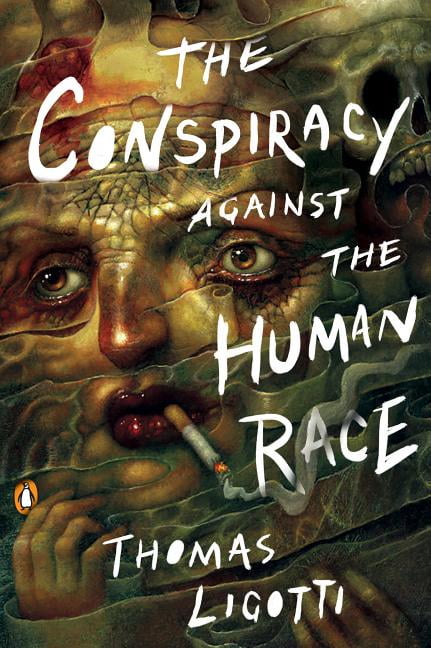

Everything changed once they had lives of their own and knew they had lives of their own. But even after they had done this, some within their group did see those bodies again, often standing silent in the moonlight or loitering sad-faced just beyond the glow of a fire. It was then they began to take bodies that were still and stiff to distant places so they could not find their way back to them. When they found one of their own lying still and stiff, they now stood around the body as if there were something they should do that they had never done before. Soon they began to see everything in a way they never had in older times. After nightfall, they looked up at a sky filled with stars and felt themselves small and fragile in the vastness. As their species moved forward, they began crossing boundaries whose very existence they never imagined. The signs of a revision without forewarning were being writ ever more deeply into them. It happened over unremembered generations.

How long they had thus flourished none of them knew. The whole of their being was open to the world and nothing divided them from the rest of creation. "synopsis" may belong to another edition of this title.įor ages they had been without lives of their own. At once a guidebook to pessimistic thought and a relentless critique of humanity's employment of self-deception to cope with the pervasive suffering of their existence, The Conspiracy against the Human Race may just convince readers that there is more than a measure of truth in the despairing yet unexpectedly liberating negativity that is widely considered a hallmark of Ligotti's work. Drawing on philosophy, literature, neuroscience, and other fields of study, Ligotti takes the penetrating lens of his imagination and turns it on his audience, causing them to grapple with the brutal reality that they are living a meaningless nightmare, and anyone who feels otherwise is simply acting out an optimistic fallacy. His fiction is known to be some of the most terrifying in the genre of supernatural horror, but Thomas Ligotti's first nonfiction book may be even scarier.

It may be stated thus: Behind the scenes of life lurks something pernicious that makes a nightmare of our world." "There is a signature motif discernible in both works of philosophical pessimism and supernatural horror.

In Thomas Ligotti's first nonfiction outing, an examination of the meaning (or meaninglessness) of life through an insightful, unsparing argument that proves the greatest horrors are not the products of our imagination but instead are found in reality.


 0 kommentar(er)
0 kommentar(er)
